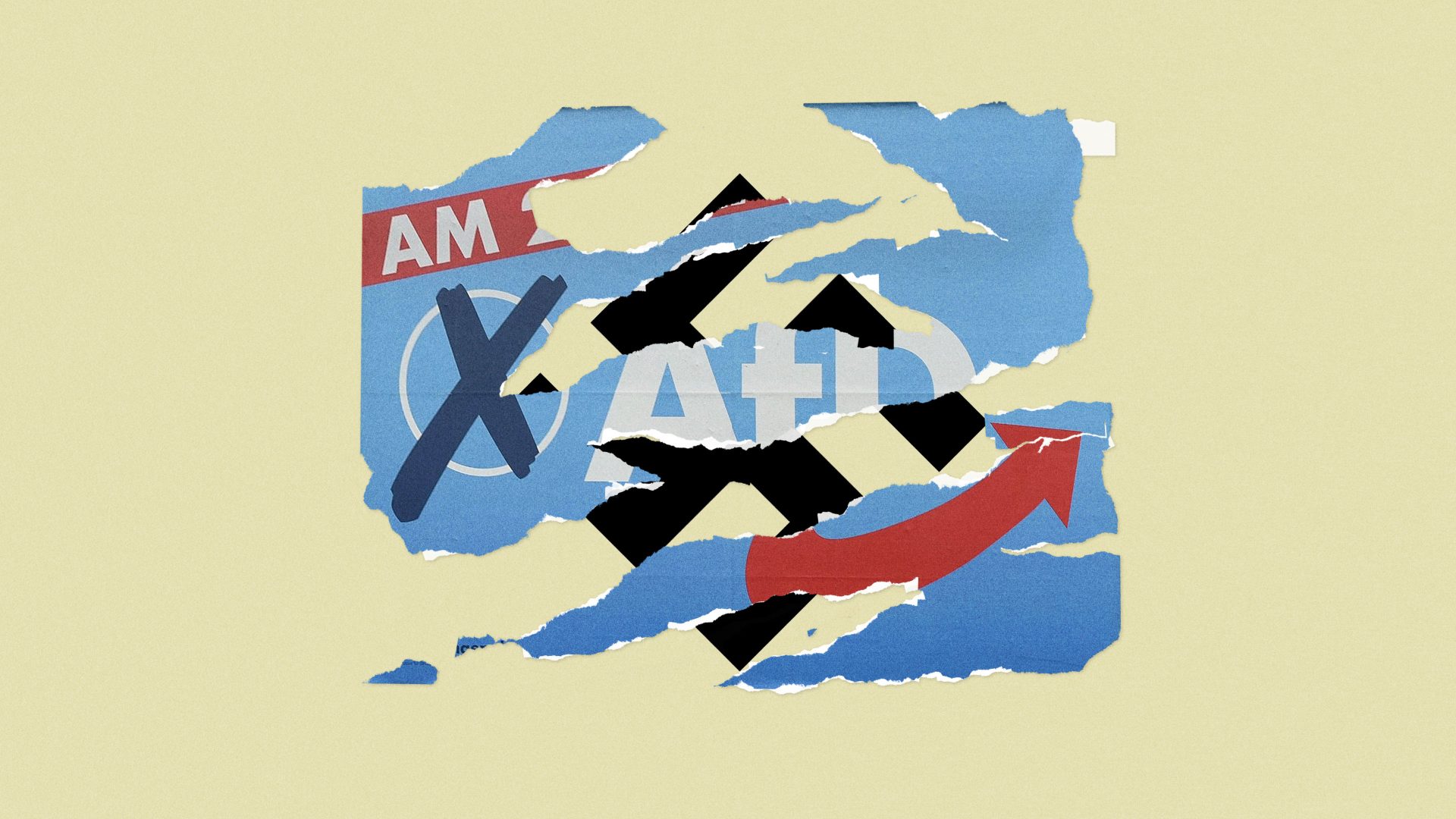Speculation about the value of the Daily Telegraph, the Sunday Telegraph and the Spectator magazine has fluctuated wildly since the titles were seized by Lloyds Bank after a £1bn loan it made to their owners turned bad. Mandrake is reliably informed, however, that the initial estimates of between £400m and £600m for the portfolio may be absurdly optimistic given the extent to which the Barclay family would appear to have leveraged up the business.
“I have heard the jaw-droppingly low figure of £68m mentioned in relation to the two Telegraph titles which suggests there are massive liabilities that are known only to those who have gone over the private company’s books,” says my well-placed informant.
“Significantly, perhaps, the part of the portfolio that has caught Rupert Murdoch’s eye is the Spectator, which, with its ambitious expansion plans in the United States, he is said to be willing to stump up £70m for, but only if it can be decoupled from the rest of the business.”
Although the Telegraph group’s profits have improved in recent years – it reported almost £30m last year – the action of Lloyds in taking total control of the company was extreme and unprecedented and shows they had no confidence in the Barclays.
The Barclays declined to comment on reports in 2019 that they had put the titles up for sale, but, while Jeff Bezos, Lords Rothermere and Levedev and the Saudi Sultan Muhammad Abuljadayel have all been rumoured to have been interested at one time or another, none has so far made an offer.
There was a feeling within the media industry that Sir David and Sir Frederick Barclay had massively overpaid when they acquired the titles for £665m in 2004, but it soon became clear – not least in the run up to the EU referendum – that the motives of the Eurosceptic twins for acquiring them had been as much ideological as commercial.
In a recent email to staff, Nick Hugh, the current Telegraph Media Group chief executive, said the sale process for the print titles had not yet begun. It is however Lloyds Bank that is now calling the shots and there seems little chance that Hugh – and the Daily Telegraph editor Chris Evans – will survive any change of ownership.
Daniel Korski may have caused the Tories little else but serious embarrassment – he had to withdraw from the contest to be their London mayoral candidate after TV producer Daisy Goodwin claimed he had groped her – but that doesn’t appear to have done his companies’ relationship with the government any harm at all.
The former special advisor to David Cameron retains his role as CEO of tech firm Public and its subsidiary EVA Health Technologies. Despite notching up £3.3m in ongoing losses between them, Korski’s companies have been party to £22m in government contracts since 2021. Public was recently awarded a £244,700 contract by the Department for Business, Energy & Industrial Strategy, a £231,655 contract from the Department for Digital, Culture, Media & Sport, as well as £2.1m worth of business from the Department for Levelling Up, Housing and Communities.
It has been awarded seven contracts by the Crown Commercial Service, and undertaken work for OFCOM, Ministry of Justice, Department for Health & Social Care and the MOD, among others. EVA is, meanwhile, one of eight suppliers to NHS Digital in a contract worth £9.5m, as well as being one of three suppliers awarded a £3.3m contract by NHS England. EVA was awarded a contract worth £862,000 running from June 2021 to March 2022 to provide NHS England with “Covid-19 Vaccinations Programme Point of Care Solutions.”
Public was incorporated in 2017 when Korski co-founded it with businessman Alexander de Carvalho. Korski owns 28% of the business with investors including Lord Agnew’s company Ovington Investments. Korski set up two new companies earlier this year, hopefully enough to keep his hands full.
In the list released by the parliamentary authorities of the 10 Tories who had sought to undermine the investigation into Boris Johnson’s partygate lies – Nadine Dorries, Sir Jacob Rees-Mogg and Lord Zac Goldsmith all predictably topping the bill – one name was conspicuous by its absence: Isle of Wight MP Bob Seely.
The old Harrovian described the investigation into Johnson as a “kangaroo court” in a TV interview, then pathetically tried to deny he had said it, but was called out for lying by Victoria Derbyshire when he appeared on Newsnight.
Among the 10 Johnson ultras accused of putting “unprecedented and coordinated pressure” on the Commons committee charged with investigating Johnson’s conduct there is a sense that Seely proved himself to be the weakest link. His contrition and public denial that he had ever called the investigation a kangaroo court appear to have been enough for the authorities to show leniency. Those named face being forced to apologise and/or suspended from the House.
Seely has always had spectacularly bad political judgment – he backed both Michael Gove and Liz Truss for the Tory leadership – but, with no other obvious outlets for his talents, he depends on the Commons, unlike a lot of his fellow conspirators, for his income. He has already announced he will stand in the new Isle of Wight West constituency in the next election.
Meanwhile as his defenders face ignominy, a spy confirms to Mandrake that Johnson will earn “just south of £1m” per year for his useless Daily Mail column.
The National Rejoin March II through central London on September 23 is already causing consternation on the Labour front bench. I am reliably informed that Sir Keir Starmer, who looked very much as if he was trying out-Brexit Rishi Sunak on Brexit with his recent article for the Daily Express, has ordered his front bench to steer well clear of it.
David Lammy, the shadow foreign secretary who was once his party’s remainer-in-chief, declined to comment when I asked if he would himself be marching.
I disclosed that Starmer had first offered his pro-Brexit piece to the Mail, but, after they turned it down, it ended up in the Express. Possibly because of my story, the Express has – so far as I can see from the register of members’ interests – still to get around to paying Starmer for it.
While overpaying Boris Johnson, the Daily Mail seems to have decided to keep Rishi Sunak onside. The tabloid has gone from calling Sunak a “traitor” – for daring to defy Johnson when he was PM – to a man with “a bold plan to heal our ailing NHS”. The Mail on Sunday, meanwhile, spoke affectionately of Sunak’s love of cricket and even revived the sobriquet “dishy Rishi” to describe him.
Last week, Sunak’s popularity fell to record lows in two polls. Does the Mail know something we don’t, or is it once again backing the wrong horse?




